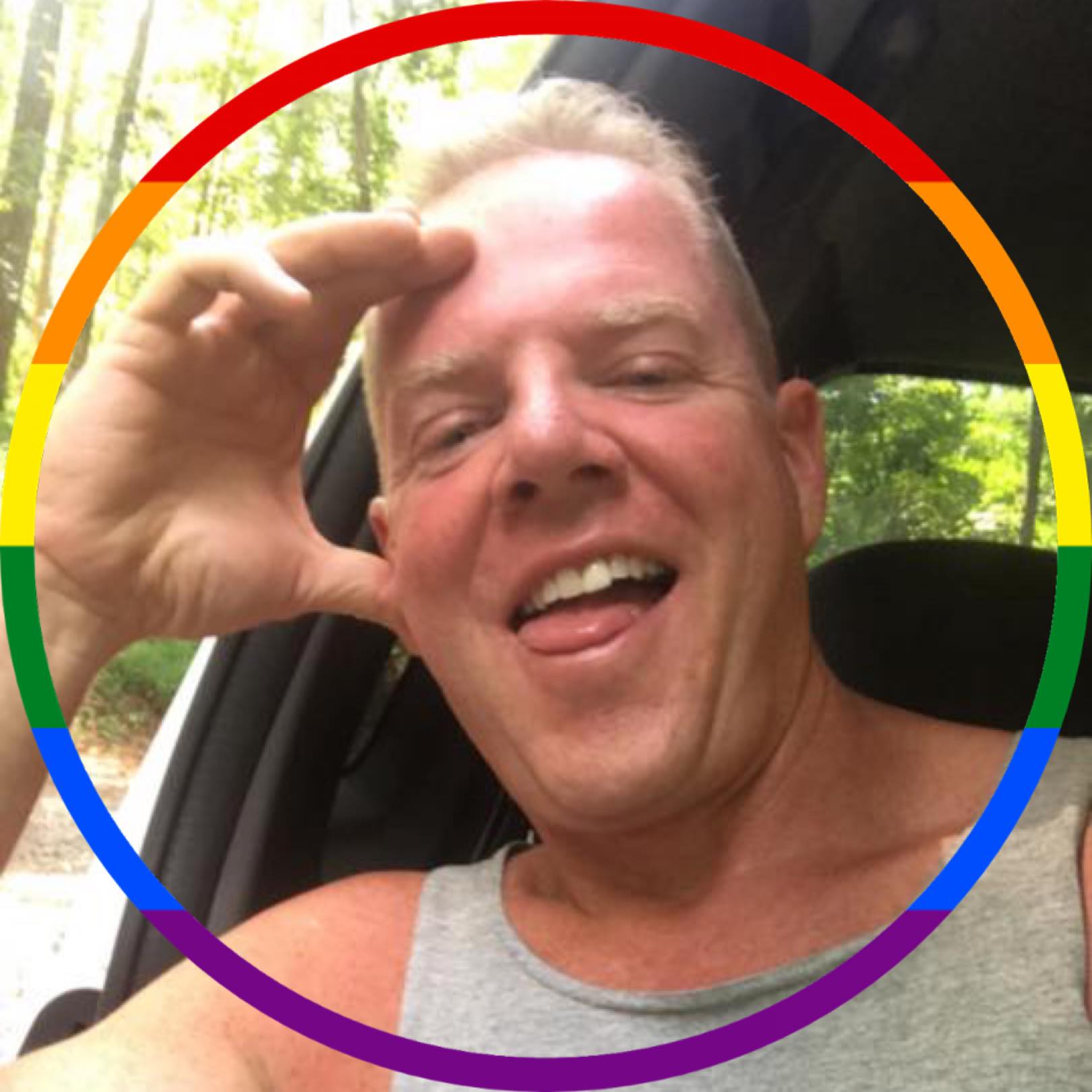Conversion therapy group, Hope for Wholeness, founder McKrae Game came out of the closet this summer (Facebook/McKrae Game)
A South Carolina man behind one of the largest conversion therapy ministries of more than two decades has come out as gay.
Hope for Wholeness, a faith-based conversion therapy program, founder McKrae Game came out of the closet this summer to his private circles, according to an interview with The Post and Courier on Saturday.
This was two years after the organisation’s board of directors abruptly fired him.
Game, 51, said in a lengthy Facebook post last week that he was “wrong,” adding: “Please forgive me.”
“I certainly regret where I caused harm,” he wrote.
“Promoting the triadic model that blamed parents and conversion or prayer therapy, that made many people believe that their orientation was wrong, bad, sinful, evil, and worse that they could change was absolutely harmful.”
Former conversion therapy lead: “It’s all in the past.”
Coming to terms with the impact his work has had on the community he is now part of has been “difficult,” the former minister lead said. He now sports a Pride flag frame on his Facebook profile picture.
“It’s all in my past. But many, way TOO MANY continue believing that there is something wrong with themselves and wrong with people that choose to live their lives honestly and open as gay, lesbian, trans, etc.,” he added.
“Learn to love yourself and others.”
Speaking to The Post and Courier, Game spoke about disavowing his past practises and embracing the community he once beset.
“Conversion therapy is not just a lie, but it’s very harmful,” he said. Game slammed the practise as “false advertising.”
Not only did Game spend years attempting to ‘convert’ queer people, he practised his own principles on himself.
Not only did he receive counselling from a therapist who said same-sex attraction can be overcome, but the billed as a leading voice in the conversion therapy movement tried to become its poster boy, too, by marrying a woman.
Conversion therapy is still common in the US
Also called reparative therapy, medical organisations across the world have widely debunked and rejected the treatment as traumatising and psychologically scarring, especially to minors.
In fact, the American Academy of Paediatrics warned against it as early as 1993. They said it reinforced anxiety and shame.
The practise, which has been around more than a century, has many techniques. Most commonly, talking therapy.
However, some physicians who practise the therapy are known to use shock treatments and induce associative nausea in patients, according to a 2018 study by the Williams Institute of the School of Law at the University of California, Los Angeles.
Despite such denouncement and discrediting, the ‘therapy’ has remained common in patches of the US.
Though, the impact of the practise is immeasurable, an estimated 698,000 LGBTI+ adults in the US have received conversion therapy, according to research.
Around half of them underwent the practise as teens.
Hope for Wholeness started as an affiliate of Exodus International in 1999. It advocates a way for “freedom from homosexuality,” according to its policy statement.
The organisation offers conversion therapy to minors. Although, it states that it does so only with the parents or guardians “consent.”
Minors must “be at least willing to participate” in receiving therapy.
Moreover, the group even offers a scripted, pre-written letter for “confused” minors who wish to receive counselling to hand to their parents or guardians.
